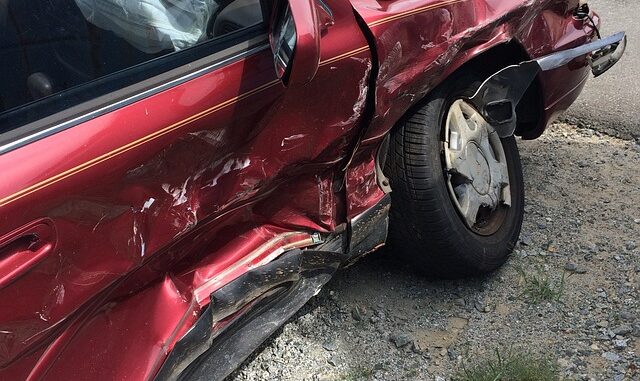
Car accidents can disrupt lives in numerous ways, from physical injuries to financial strain. In Ontario, understanding your rights regarding accident benefits, particularly caregiving benefits, is crucial for navigating the aftermath of such incidents. This article explores what caregiving benefits entail, who qualifies for them, and how to navigate the claims process effectively.
What are Caregiving Benefits?
Caregiving benefits are a component of Ontario’s Statutory Accident Benefits Schedule (SABS) aimed at compensating individuals who provide essential care to dependents.
Eligibility Criteria
To qualify for caregiving benefits in Ontario, you must meet specific criteria:
- Sustained a Catastrophic Impairment as a result of the accident as a result of and within 104 weeks after the accident, the insured person suffers a substantial inability to engage in the caregiving activities in which he or she was engaged at the time of the accident and if, at the time of the accident.
- Dependent Eligibility: The insured person was residing with a person in need of care.
- Proof of Caregiving: The insured person was the primary caregiver for the person in need of care and did not receive any remuneration for engaging in caregiving activities.
What Can Caregiving Benefits Cover?
Caregiving benefits under Ontario’s accident benefits coverage can include:
- Weekly Benefits: $250 per week for the first person in need of care. $50 per week for each additional person in need of care.
How to Claim Caregiving Benefits
Navigating the claims process for caregiving benefits can be complex. Here are steps to help you get started:
- Report the Accident: Notify your insurance provider promptly after the accident occurs. Provide them with all necessary details, including medical reports and statements from healthcare providers regarding the injured person’s condition and caregiving needs.
- Complete Application Forms: Your insurer will provide specific forms for claiming caregiving benefits. Ensure you fill out these forms accurately and provide all requested documentation, including proof of your relationship to the injured person and details of the caregiving activities you performed.
- Medical Evidence: Supporting medical evidence is crucial for demonstrating the injured person’s need for ongoing care and supervision. This may include medical reports, treatment plans, and assessments from healthcare professionals.
- Seek Legal Advice: If you encounter challenges or disputes during the claims process, consider seeking legal advice from a personal injury lawyer with experience in accident benefits claims. They can provide guidance, advocate for your rights, and help resolve any issues that arise.
Common Issues and Challenges
Claiming caregiving benefits in Ontario may involve various challenges, such as:
- Insurer’s assessment: Insurers may conduct assessments to determine whether or not you qualify as catastrophically impaired.
- Dispute Resolution: Disputes between caregivers and insurers regarding the eligibility or amount of caregiving benefits can occur. Legal assistance may be necessary to resolve these disputes effectively.
- Timeliness: Meeting deadlines for submitting documentation and responding to requests from your insurer is crucial to avoid delays in receiving benefits.
Conclusion
In conclusion, understanding your entitlement to caregiving benefits following a car accident in Ontario is essential. By familiarizing yourself with what caregiving benefits cover, who qualifies for them, and how to navigate the claims process, you can better advocate for your rights and secure the financial assistance needed during the recovery period. Remember to stay informed, keep detailed records, and seek professional advice when needed to navigate the complexities of accident benefits claims effectively. This proactive approach can make a significant difference in facilitating the caregiving process and supporting rehabilitation after a car accident.
